I’ve decided to use this blog post to expand my thoughts on the novella, and to add some new ones.
There’s been much talk of the novella being the perfect form for the digital age, both for reading and adaption to the screen.
‘Given that so much of the world suffers from a rapidly eroding attention span perhaps the novella is overdue for a new breath of life.’ (David Henley)
‘The form of the novella lends itself far more easily to (film) adaptation because of its focus on a single character, its concentration and shorter length. For the digital generation accustomed to the ninety-minute narrative, the novella fits neatly into the limits of the two-hour cinematic time frame.’ (John Dale)
I think many of the current claims made for and about the novella are dubious. In my view, people who enjoyed reading John Grisham on the train in print form will continue to do so on their tablets or ereaders; while those who enjoyed literary novels and short stories will continue reading those. The fact that you can’t finish a blockbuster on a single train journey will be neither here nor there. I’m not so sure about movie adaptions. We will have to wait and see.
But what I am sure about is that a good novella requires the same sustained concentration as the best short stories, and that this is a result both of their compression and their subtlety. Of course, not all of us are capable of sustained concentration on the train or tram, but that’s a separate point. There’s always the alternative of staring out the window, or studying one’s fellow passengers, heads bent over their tablets, or talking on their mobile phones.
I have just reviewed, for Kill Your Darlings, an excellent novella, Colm Toibin’s The Testament of Mary, shortlisted for the Man Booker prize. You can read my review here.
An earlier post on the novella, written when I reviewed Julienne van Loon’s Harmless, can be found here.
I wonder if it’s true that novella writers can’t get away so easily with sloppy construction and banal language as blockbuster writers can, that the tightness of the form somehow precludes this, or is simply not attractive to those who can’t help themselves from becoming long-winded. Alice Munro’s Nobel win may shed more light on fiction’s shorter forms, and there’s a great deal that those who wish to practise them can learn from her.
It’s great to hear from you again, Whispering Gums.
No, I don’t have a subscription form. The cost seemed rather large when I inquired, but I’ll give it some more thought.
You are such an experienced reader, and open to many different forms. I wonder if you ever feel frustrated, talking on your own blog, and in person, to those with less experience, but more dogmatic views?
I have recently, as an experiment, cut an historical novel in half, in order to enter it in the Griffith Review’s historical novella competition. It’s taught me such a lot, no matter what the outcome. It will be interesting to see what historical novellas are chosen – their subject matter and they styles.
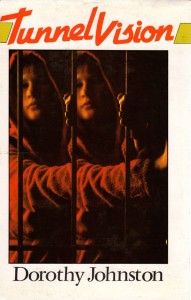
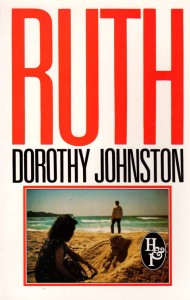
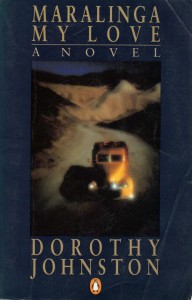
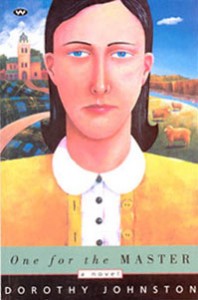
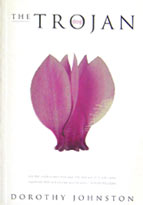
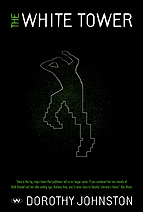
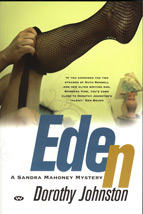
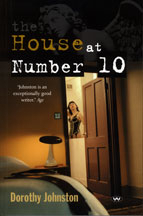
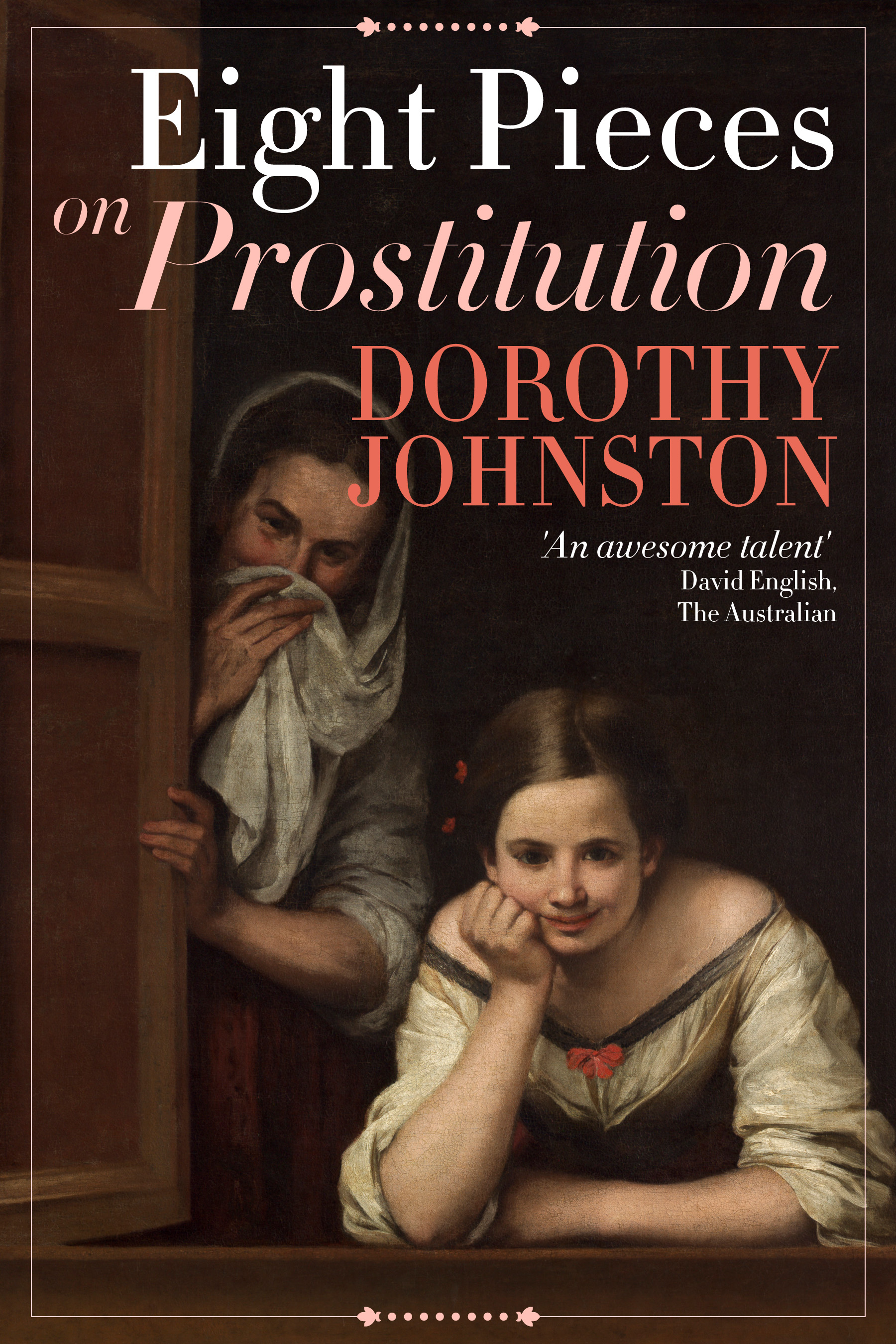
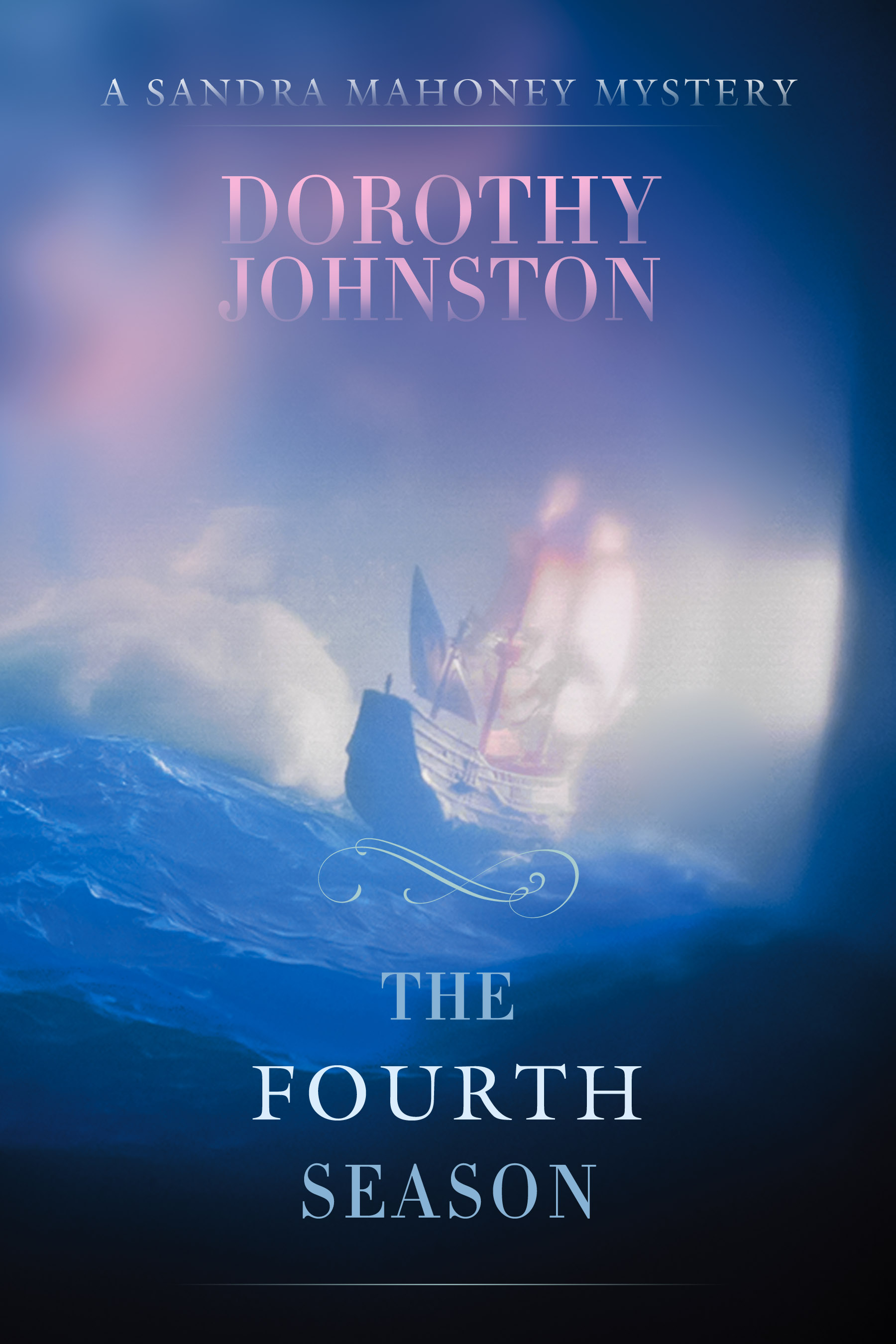
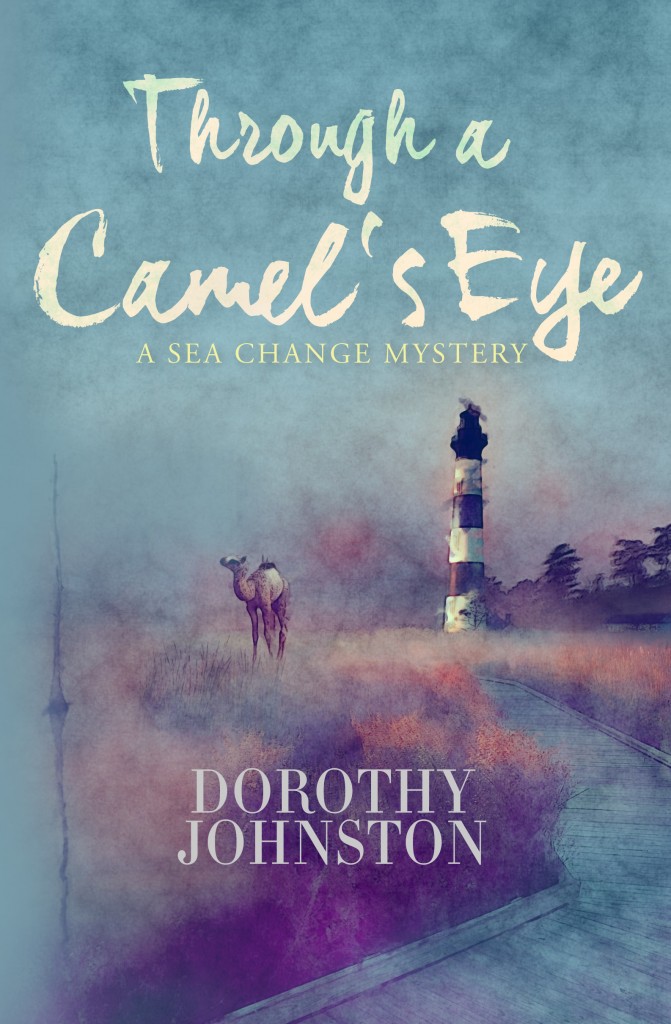
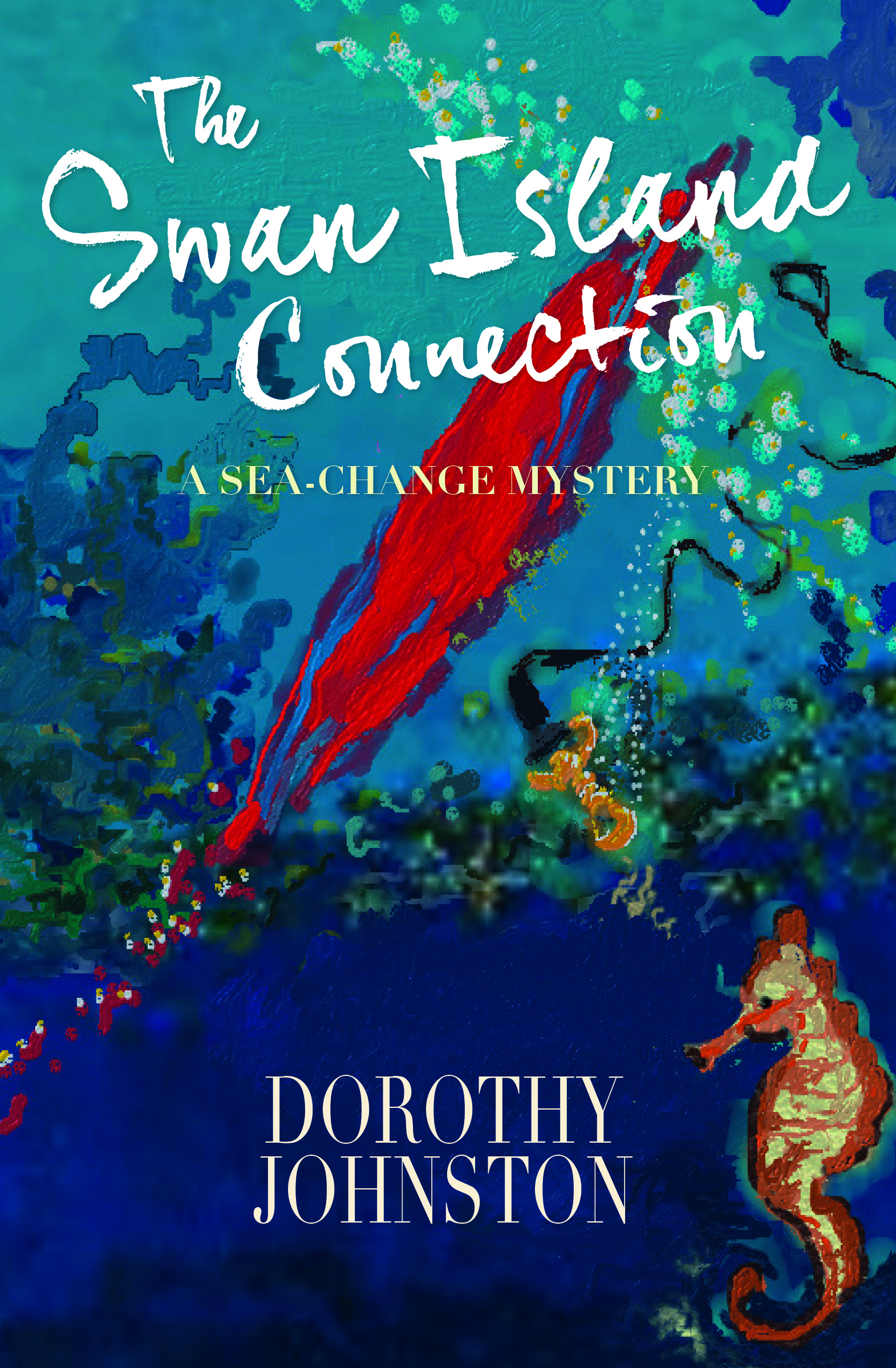
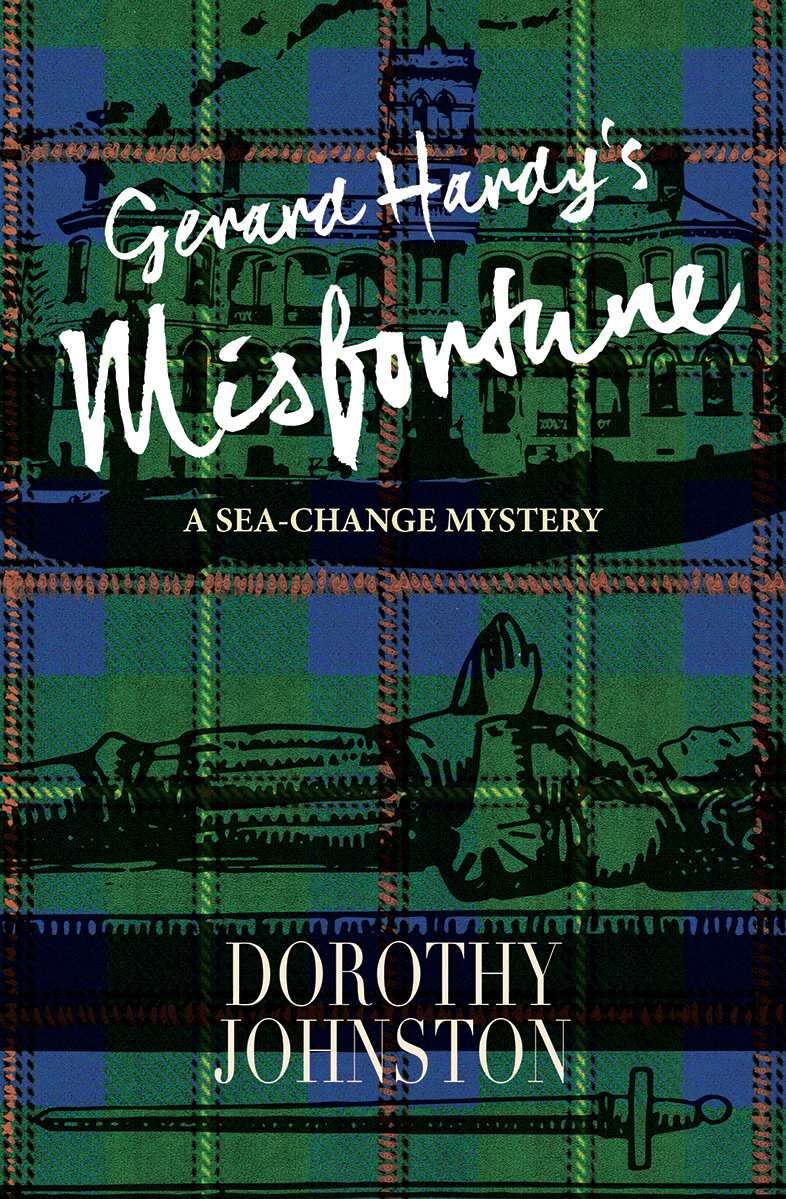
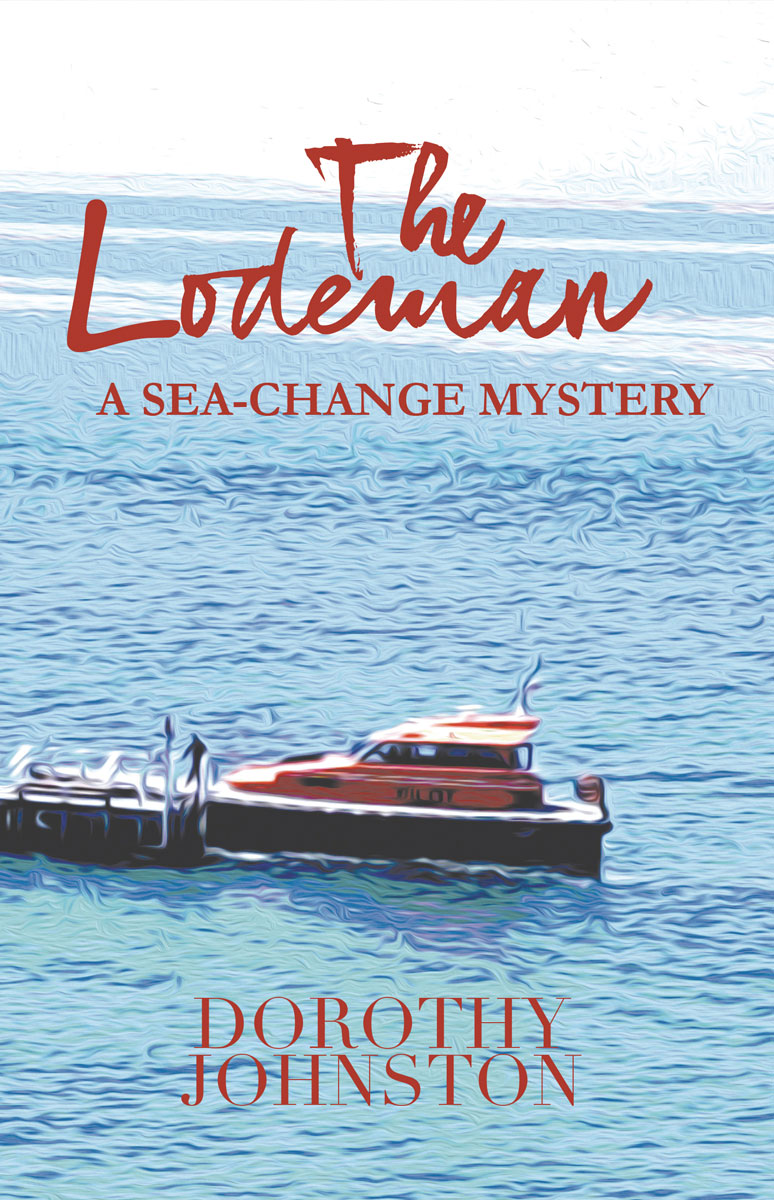
Do you have an email subscription form on your blog Dorothy? I thought you did and that I’d subscribed but I haven’t seen these come through and can’t see a box anywhere. I’d love to see one. I know some people use readers but I like the email because I already go to emails – I don’t have to remember to look elsewhere for content.
I agree with you re novellas. I love the form, but I think forecasts that we human beings have suddenly changed out reading preferences are a bit ill-thought out. There are people who don’t like short stories or novellas because they love to get lost in characters and another world. Why would they have suddenly changed? I do like a long novel – Hilary Mantel’s Cromwell books for example – but I love the terseness of short forms too. I can’t see myself changing. It depends more on the book than on medium it’s in or the time I have. I totally agree that short works need the same if not often greater concentration, because nothing is spoon fed to you as it often is (though not always of course) in longer novels. A 200-page David Malouf for example, will surely take as long if not longer than a 400 page page-turning crime or fantasy novel. If you choose a book on length alone you may be very surprised I reckon!